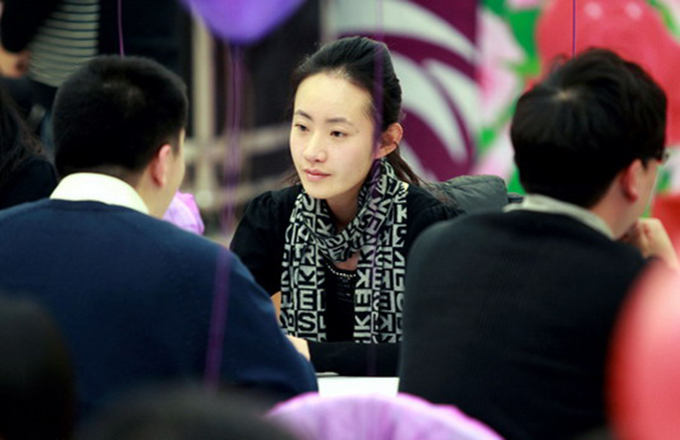Media can perform better by using latest high-tech
Many traditional and social media outlets published articles on Feb 19 to highlight a speech delivered by General Secretary of the Communist Party of China Central Committee Xi Jinping for the media a year ago. And their consensus on the speech is a testimony to the universal value of what Xi said.
In his speech for editors and reporters, Xi emphasized that the media must defend China's "territorial integrity" and urged the traditional media outlets to integrate with platforms based on smaller-screen technology.
The media played an important role in China's revolution, economic development and reform, and State leaders have worked out a series of theories for media operations. Xi's speech is a development of those theories, and can be seen as the leadership's response to the new challenges facing the media.
The media are defenders of China's right to have a greater say in world affairs and the messengers between government and society. During certain periods - in times of difficult reforms, for instance - these roles become even more important, because successful reforms entail effective communication between different social groups.
Xi's speech has been widely lauded because it is pertinent to China's contemporary challenges. China today needs more powerful media outlets that match its global status.
Although China's media industry is one of the largest in the world - in terms of market value - its media are still relatively weak as far as communicating with the outside world is concerned. For example, the Chinese media are found wanting when it comes to setting an agenda, compared with their Western counterparts.
That's why Xi has said that editors and reporters must raise their awareness of the responsibility to defend national interests, and they should improve their ability to communicate China's stance to the international community and have the utmost confidence in China's economic and political path, culture and theories.
Last year, the Chinese media handled very well such topics as the South China Sea disputes and the G20 Summit in Hangzhou, East China's Zhejiang province. Their role in spreading Xi's message at the World Economic Forum in Davos in January was also praiseworthy.
Chinese people today feel the need to communicate their country's stances on different issues has never been so deeply related to their own interests.
For instance, if the shared benefits of the Belt and Road Initiative (the Silk Road Economic Belt and 21st Century Maritime Silk Road) are better communicated to the rest of the world, China and other countries along the route can cooperate better in a range of sectors such as infrastructure and industrial capacity.
Climate change is another area where the media can play a greater role. If the Chinese media cannot help the world better understand the rationale behind China's stance on emission reduction, it will be very difficult for the country to win the world's support for its development rights.
China also needs effective communication between the leadership and the people to promote constructive discussions on reforms. Given that there are about 740 million netizens in China, the media outlets have to make good use of information technology, or else they cannot influence public opinion.
China launched its reform and opening-up in the late 1970s, when many public debates on key issues of reform were conducted by the traditional media in an orderly manner. But in this age of social media, public opinions are diverse.
That's why the convergence of media outlets is important. What Xi actually expects the media to facilitate is social consensus on reform, unity in public opinion on the choices China makes, and a constructive public sphere to make these come true. Media have their role cut out.
The author is a writer with China Daily.
liyang@chinadaily.com.cn
(China Daily 02/25/2017 page5)





















